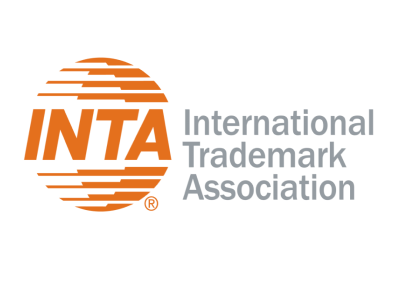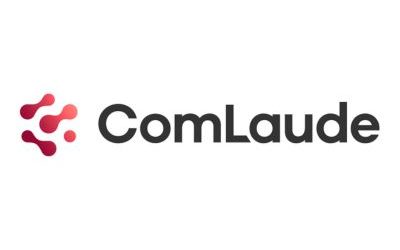New York, New York—September 12, 2024—The International Trademark Association (INTA) has filed an amicus brief before the US Supreme Court in Dewberry Group Inc. v. Dewberry Engineers, Inc., No. 23-900. The case addresses whether an award of “defendant’s profits” can include the profits of legally separate, non-party corporate affiliates under the Lanham Act.
In this case, respondent Dewberry Engineers Inc. secured a district court trademark infringement judgment that included a disgorgement of profits totaling over US $42 million, which was calculated in part based on the revenues of corporate affiliates not named as defendants. The Fourth Circuit affirmed the district court’s decision, holding that the principles of equity under the Lanham Act allowed disgorgement to reach non-party affiliates.
Petitioner Dewberry Group Inc. argues that the award improperly disregarded the corporate form and included profits from entities that were neither defendants in the case nor subject to a piercing of the corporate veil. The case now presents the Supreme Court with the opportunity to clarify whether a court may, based on the principles of equity, extend a disgorgement order to the profits of non-party affiliates without piercing the corporate veil or naming those entities as defendants.
In its brief in support of neither party, INTA argues that the Lanham Act’s disgorgement remedy is limited to the profits of the named defendant, as explicitly stated in the statute. The Association contends that including non-parties’ profits compromises established guardrails—such as piercing the corporate veil or joining additional defendants—and risks undermining the fundamental principles of corporate separateness. In its brief, INTA emphasizes that such an expansion of liability could lead to significant public policy concerns, including increased litigation complexity and the potential for abusive discovery practices.
INTA’s brief underscores that trademark owners already have numerous avenues for securing full and just compensation under the Lanham Act without the need to implicate non-parties, and the Fourth Circuit’s decision risks exposing corporations to unpredictable and expansive liability based on the actions of affiliates over which they lack control and access to information, thereby destabilizing the clear boundaries of corporate law that facilitate business operations.
You may also like…
Powell Gilbert grows London team with four Associate hires
London - European IP law firm Powell Gilbert has today announced the expansion of its market-leading team of IP...
Com Laude to acquire Markmonitor in a landmark transaction
London, UK, 24 September 2025 – Com Laude, the London-headquartered supplier of corporate domain services owned by PX3...
Com Laude scales for second wave of dotBrands with FairWinds acquisition
Com Laude, the internet domain name provider to many of the world’s largest companies, owned by PX3 Partners, the...
Contact us share your movers & shakers news












